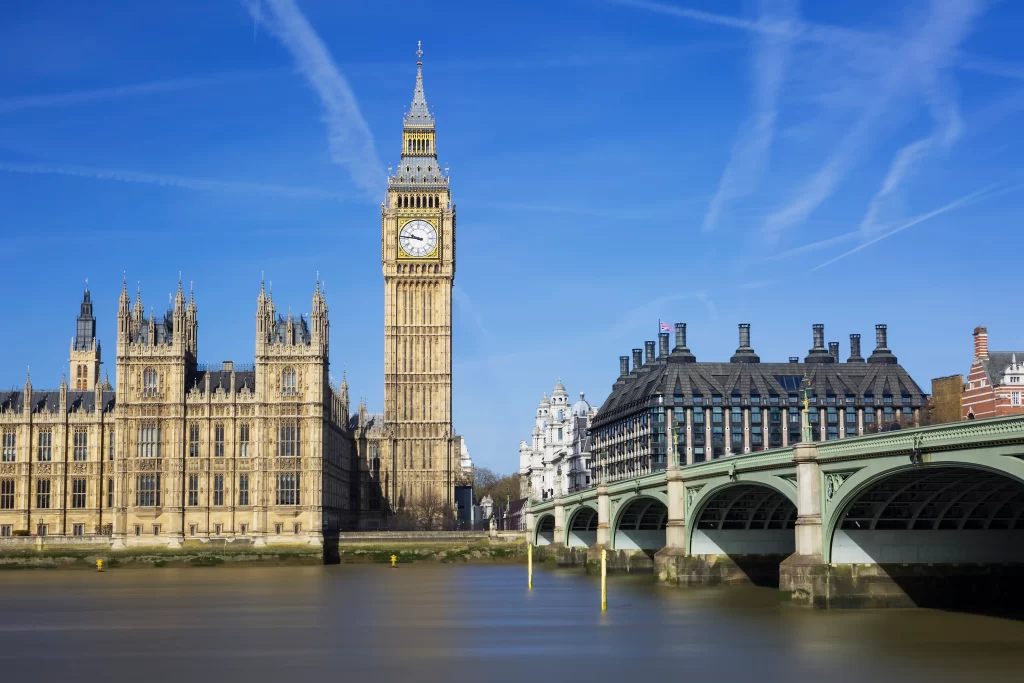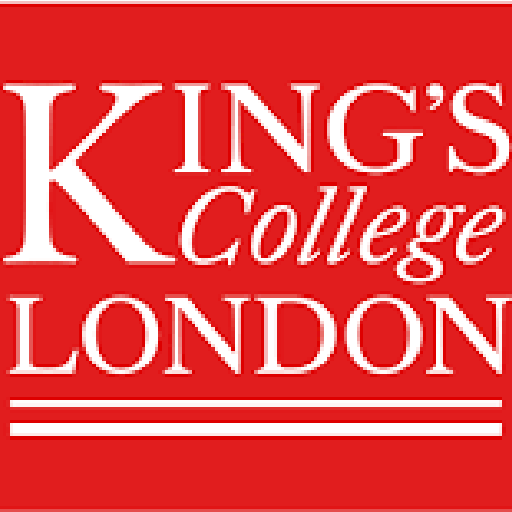STUDY IN THE UK
ABOUT THE UK

The United Kingdom of Great Britain and Northern Ireland, commonly known as the United Kingdom (UK) or Britain, is a country located off the northwestern coast of mainland Europe.
It comprises four constituent countries: ,England, Scotland, Wales, and Northern Ireland.
The UK is a unitary parliamentary constitutional monarchy with a population of 67.7 million people and a total area of 242,945 square kilometers.
The official language is English, and the capital and largest city is London.
The UK is known for its rich history, cultural contributions, and significant role in the world economy.
It is also a member of the Commonwealth of Nations, with King Charles III as the Head of the Commonwealth and Head of State of 15 Commonwealth realms.
WHY STUDY IN THE UK?
High-Quality Education: The UK is home to top universities with a remarkable international reputation
Improvement of English Language Skills: Studying in the UK provides an opportunity to improve English language skills, which is valuable in the global digital arena and for employment prospects
Cultural Diversity: The UK offers an unrivaled cultural diversity, providing students with the chance to experience a wide range of cultures and develop desirable skills.
Excellent Graduate Job Prospects: UK university graduates have exciting career opportunities available to them, thanks to the high-quality education and the development of highly valued transferrable and critical thinking skills
Post-Study Work Opportunities: Upon graduation, students can take advantage of the post-study work visa, allowing them to stay and work in the UK
World-Class Universities: The UK is home to some of the best universities in the world, offering a wide range of courses and excellent teaching facilities.
POPULAR CITIES IN THE UK

TOP UNIVERSITY IN THE UK

University of Oxford

University of Cambridge

Imperial College London

University College London

The University of Edinburgh

The University of Manchester

King's College London

The London School of Economics (LSE)
REQUIRED DOCUMENTS FOR STUDY IN THE UK
UNDERGRADUATE/ POST GRADUATE APPLICATIONS
Certified Academic Transcripts
1. School Mark Sheets / Diploma (Grade 9th, 10th, 11tn,12th / IGCSE, AS level)
2. Predicted Grades for final year (Grade 12/ A level/ IBDP)
3. High School Certificate
4. Undergraduate / Post graduate Mark Sheet
5. Undergraduate / Postgraduate Degree Certificate
6. Passport Copy (Valid for more than 6 months)
7. Resume – Detailed CV listing your experience and internships with dates and job responsibilities
8. Evidence of Work Experience- On Official letter-head of university/company, signed & stamped
9. National ID
10. Reference Letter ( 2 or 3 On Official letter-head of school or company, signed & stamped
11. Statement of Purpose- An essay of around 500-1500 words explaining your reasons to pursue the course and future goals/ career options including extra-curricular activities.
Proof of English Proficiency
12. IELTS (Academic)
13. Any other acceptable English Proficiency test (PTE / TOEFL)
ADMISSION PROCESS IN THE UK
The admission process for studying in the UK involves several steps, which can be summarized as follows:
For Undergraduate Students:
1. Choose a Course and University: Research and select the course and university you wish to apply to.
2. UCAS Application: Majority of undergraduate applications for UK universities are done via the UCAS application website
3. Check Admission Requirements: Familiarize yourself with the intakes and deadlines for the course you are interested in. Some universities and courses
may have earlier deadlines
For Postgraduate Students:
1. Choose a Course and University: Select the postgraduate course and the university you want to apply to.
2. Direct Application: Apply directly through the respective university’s website
3. Check Visa Requirements: Ensure you are aware of the visa requirements for your specific course length, type, and place of study
VISA PROCESS FOR THE UK
To apply for a study permit in the UK, follow these steps:
1. Check if you need a visa: Depending on your nationality, you may or may not need a visa to study in the UK. You can check if you need a visa and what type you need on the UK government website
2. Choose the right visa type: There are different types of visas depending on the length, type, and place of study. For example, a Standard Visitor visa allows you to do a short course of study that lasts no longer than 6 months, while a Short-term study visa lets you come to the UK to study an English language course that is over 6 months but no longer than 11 months
3. Complete the online application form: You can apply for a UK visa online and complete the application form with the required information.
5. Schedule a visa appointment: You will need to schedule a visa appointment at a visa application center (VAC) to provide your fingerprints and a photograph
6. Attend the visa interview: You will need to attend a visa interview at the VAC, where you will be asked questions about your application and your intentions for studying in the UK
7. Wait for your application to be processed: The processing time for a UK visa application varies depending on the type of visa and the volume of applications. You can check the current processing times on the UK government website
4. Collect the required documents: You will need to provide certain documents to support your visa application, such as a valid passport, proof of financial support, and a Confirmation of Acceptance for Studies (CAS) from your university
